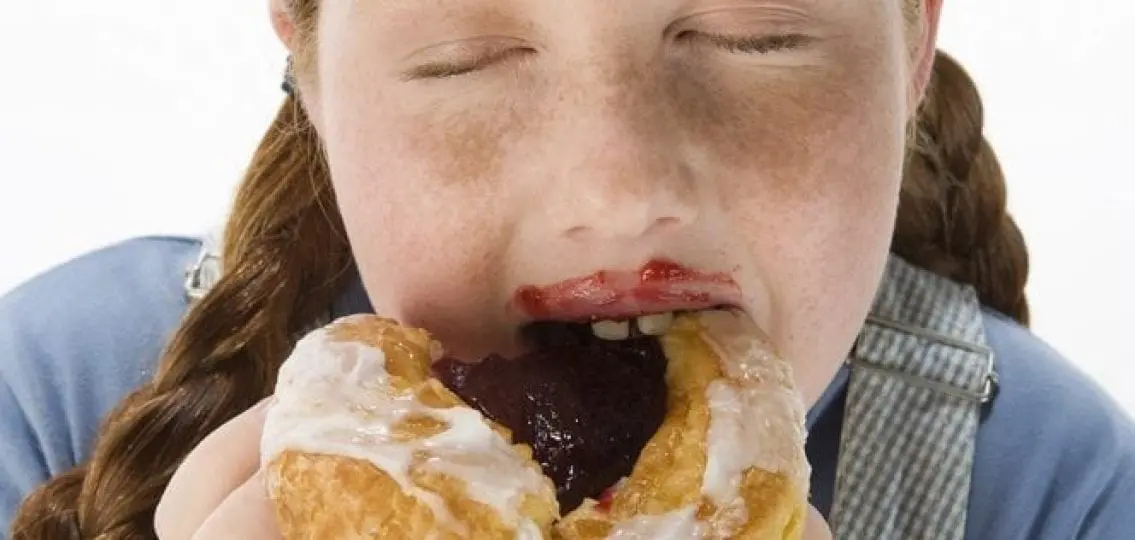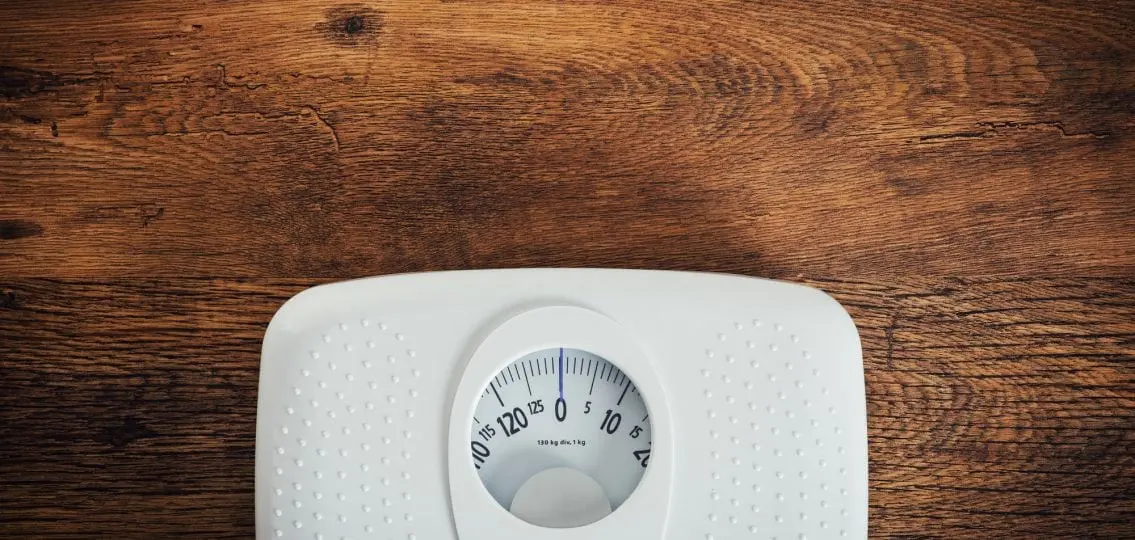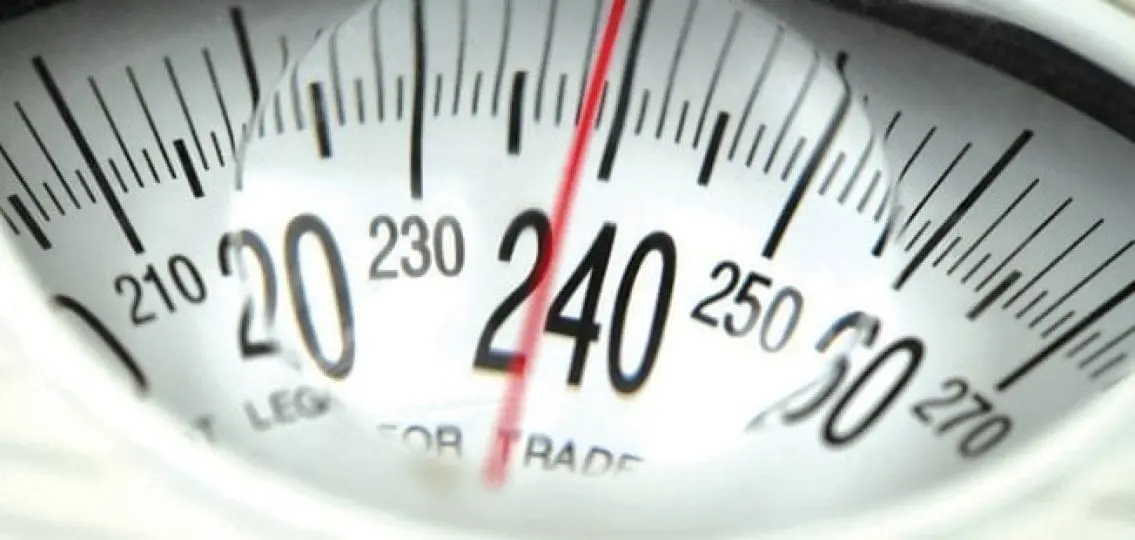When my teenage daughter recently asked me if her jeans made her look fat, I really (really) blew it. “Don’t be silly,” I snapped. Ugh.

So I called up Claire Mysko, expert on body image, author of You’re Amazing! A No-Pressure Guide to Being Your Best Self , and Chief Executive Officer of Proud2BeMe.org, a website promoting healthy body image for teenagers, to find out what I should have said.
4 Suggestions for Talking to Teens About Body Image:
1. Take it seriously.
“It’s important not be dismissive of any kind of mention of poor body image, even if it’s just in passing,” Mysko explains. “At those times, you should say, ‘Well, let’s talk about that more.’ Then try to understand where it’s coming from and what pressures your teenager is feeling.” Mysko stresses that it’s not just girls who can suffer from a negative body image. Boys are also at risk.
2. Use the media as a teaching tool.
“Be aware of the media your teenager is consuming,” says Mysko. “Use it as an opportunity to talk about these issues.” For example, is there an advertisement in a magazine that bothers you? A television commercial that makes you cringe? Ask your teenager what he or she thinks about it.
“Help them understand they shouldn’t take these messages at face value,” says Mysko. A powerful way to do that is to show your teenager just how much the media manipulates photographs to create unattainable body images. (Check out the Fashion and Beauty section of Proud2BeMe.org and Dove’s Campaign for Real Beauty on YouTube for examples.)
And don’t forget about social media. “We know an increasing number of girls are actually retouching their own photos before they post them on social media sites,” says Mysko. “Those platforms are very public and all about approval.”
3. Be positive about your own body.
“We have to check our own conversation and how we talk about our own bodies,” explains Mysko. “If we are criticizing ourselves, that’s the message that’s going to get through.”

4. Learn about eating disorders.
Finally, says Mysko, take the time to learn the signs of an eating disorder. “It is important for parents to educate themselves because this is going to come up,” she says. “Everybody knows somebody. It will undoubtedly be an issue among some of your teenager’s peers. It might be something that is happening with a friend or someone at school.”




